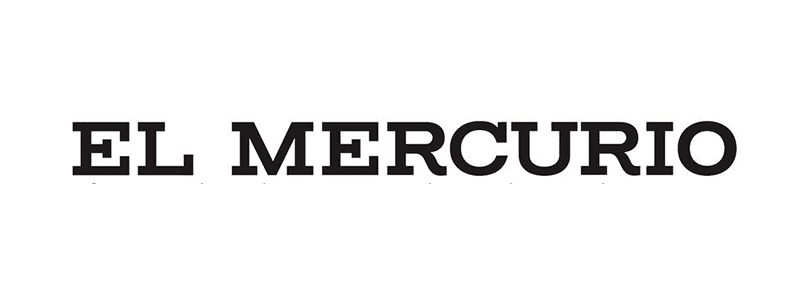Technological advances have allowed the mergers and acquisitions market to expand and become more accessible, according to our partner, Álvaro Rosenblut.
In a recent Accenture study, 74% of global CEOs identified technology as an element of competitive advantage for mergers and acquisitions (M&A) processes. This figure is not a surprise, considering that new technologies are today a key tool to successfully carry out all types of businesses and operations, including, of course, this type of transaction.
We know that there are artificial intelligence (AI) tools today that are very useful in due diligence processes, since they have the ability to quickly and relatively accurately analyze large amounts of data. AI is also expert in analyzing financial documents, contracts and risk assessment documents, due diligence.
But the evolution of artificial intelligence does not stop and it is not entirely impossible to think that the sophistication of its predictive analysis models could even allow us to estimate whether a particular merger or acquisition will ultimately be successful.
Technological advances have allowed the mergers and acquisitions market to expand and become more accessible, since today the parties can share information confidentially through collaboration tools and virtual rooms, where they can see each other “face to face.” , despite being in different places or time zones, as well as having uninterrupted access to crucial documents of the operation from anywhere in the world, facilitating collaboration.
An important concern for companies when using technology to carry out M&A operations is cybersecurity. In order to face potential attacks, it is essential that the parties participating in a transaction map potential risks and at the same time have preventive and reactive plans against these types of events. Proactive measures such as solid cybersecurity protocols, proven technological tools and access to other tools that guarantee that the exchange of information will be transparent and secure (such as via blockchain), appear as essential to streamline transactional processes, increase trust between the parties. and minimize the risk of fraud or manipulation.
In addition to operational efficiencies, technology offers profound strategic advantages in M&A processes. For example, companies can leverage advanced predictive analytics and machine learning algorithms to identify synergies, assess market dynamics, and optimize integration strategies. By harnessing the power of technology, organizations can unlock new growth opportunities, drive competitive advantage, and create value for shareholders.
Amid a constantly evolving landscape, technology has become a factor of change and development, offering unprecedented opportunities for growth, efficiency and innovation. As companies navigate an era marked by digital disruption, leveraging technological advances has become not only an advantage, but an imperative for successful M&A transactions.
Column available in Forbes, April 10, 2024.




